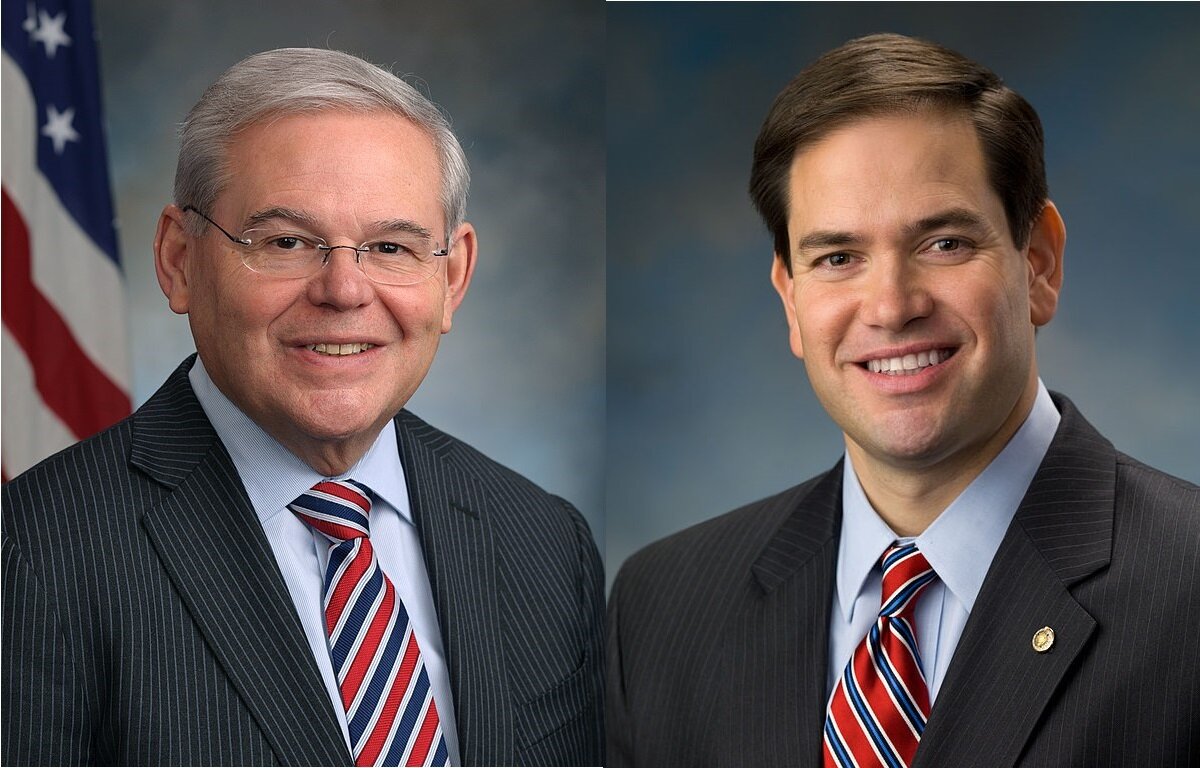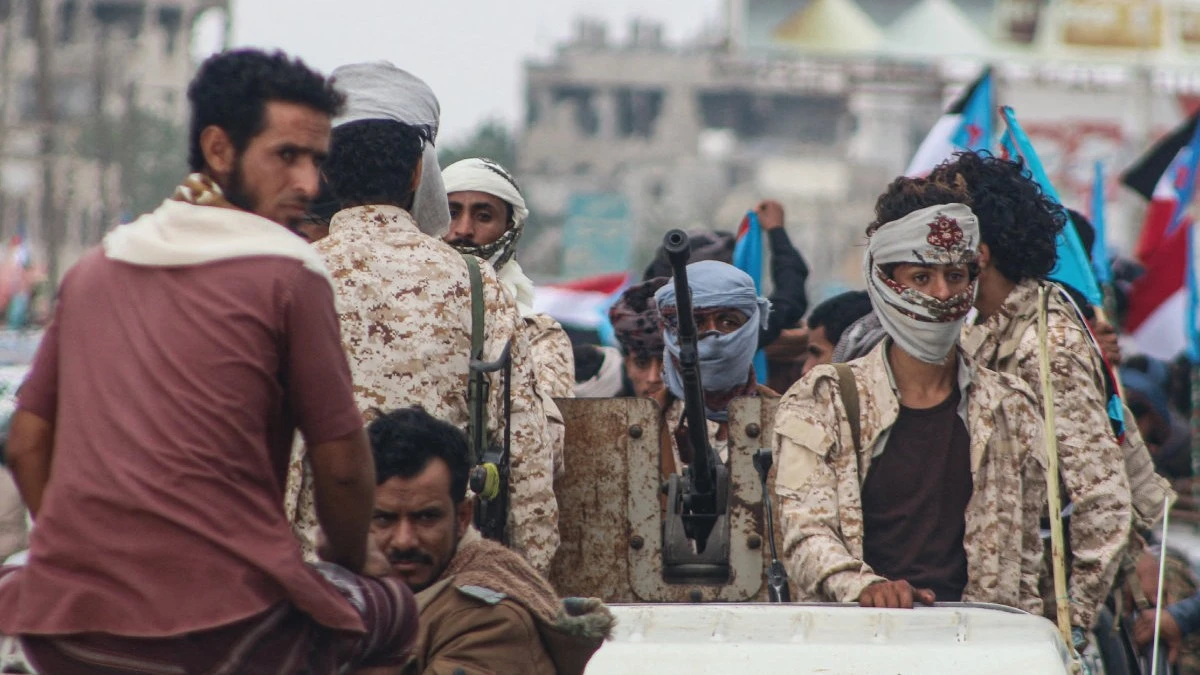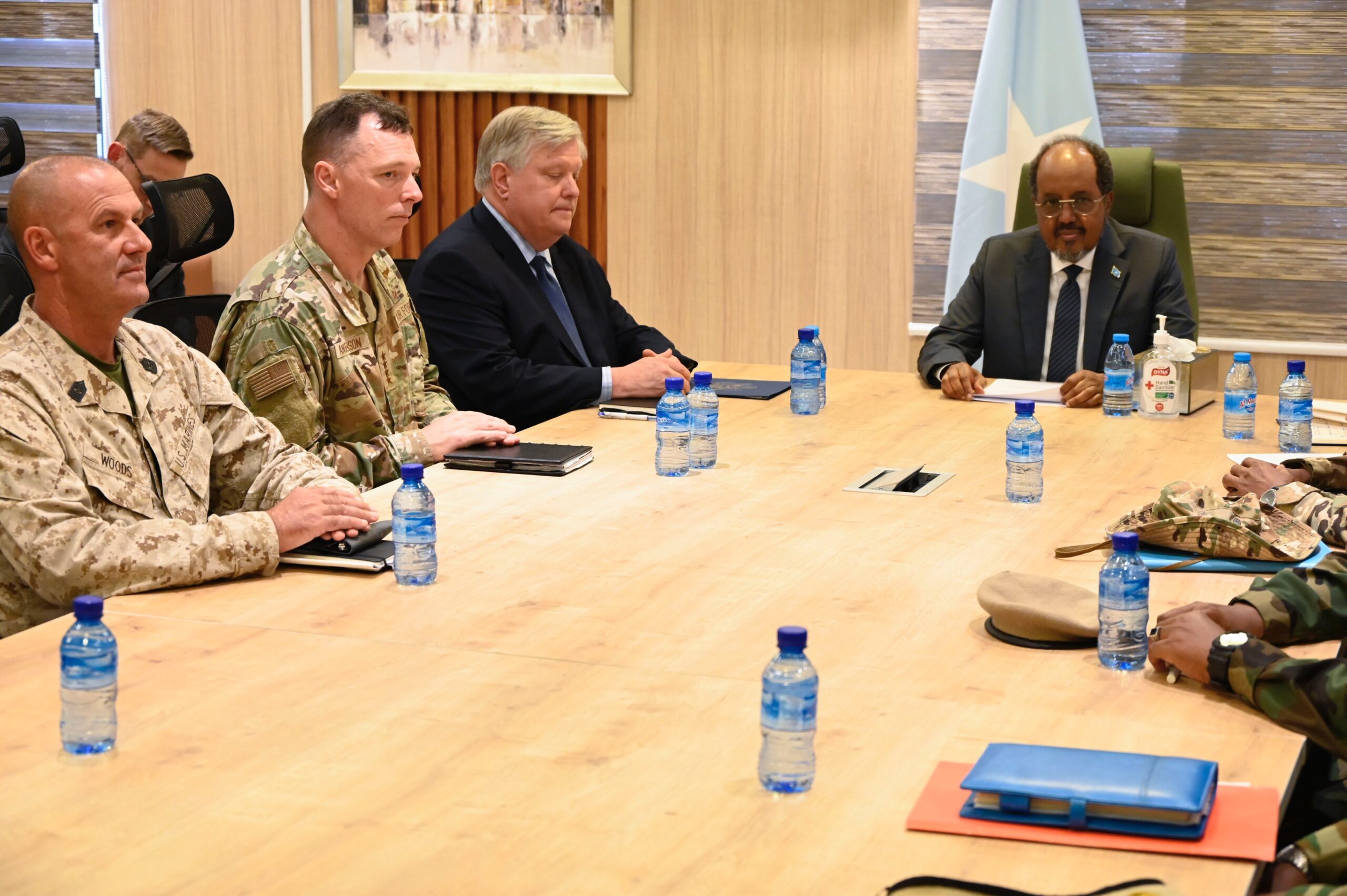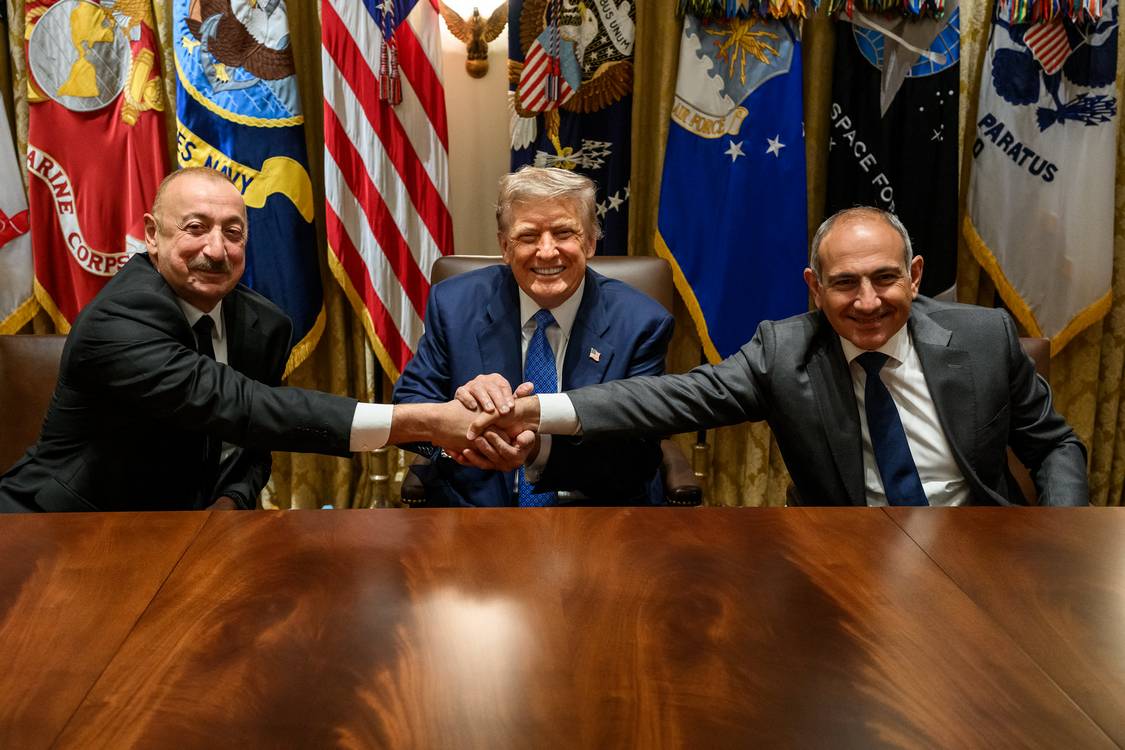PICTURED: President of Nicaragua Daniel Ortega. Photo Credit: Cancelleria de Ecuador. CC. 2.0
Story at a glance…
-
Congress is preparing for a hybrid regime-change putsch in Nicaragua.
-
With sanctions and international pressure, a broad coalition of right-wing Latin-American politicians look to force Ortega out.
-
The move is just the latest in a century of interference in the elections and affairs of America’s near-neighbor.
WASHINGTON D.C. October 18th, 2021. The destructive policy of economic sanctions, recognized as illegal under international law by the UN, and which has been the source of so much harm to the people of Cuba and Venezuela, will now be implemented yet again as part of a coordinated effort in Washington to affect regime change against their long-lived nemesis in Nicaragua.
This was outlined during a recent meeting of the House Committee on Foreign Affairs, which hosted a squadron of deeply antagonistic Congressmen and cabinet members, many of whom were regulars in the century-long struggle to uproot socialist governments in South and Central America, discussing efforts to “align U.S. diplomatic tools,” towards creating what they call free and fair elections.
Their claims that the nearly four-term sitting president, Daniel Ortega, in Nicaragua is gradually consolidating power and stifling free and fair elections could be dismissed with a simple knowledge of history between the two countries, but reporting from The Grayzone shows that what those at the committee meeting described as election interference, was actually a violent U.S.-backed attempt at regime change which Ortega violently repelled.
This was the exact parallel from the Venezuelan situation, when in the wake of a failed U.S.-sponsored overthrow of the government of President Nicolas Maduro, America accused him of rigging elections and not being the legitimate president.
The content of the meetings, hosted by the Subcommittee on the Western Hemisphere, is as remarkably similar as the attempts at regime change they concoct. Whether they’re discussing Cuba, Venezuela, or Bolivia, they express concern about election integrity, propose a very symbolically-named piece of legislation like the “Rebirth Act” or the “Truth Act,” and typically hear testimony from wealthy elites from the aforedetailed country, who coincidentally tend to live in the U.S., about how bad for democracy a current Latin American leader is.
WaL has reported on this pattern before, most-recently for Bolivia, when the U.S. declared, while presenting evidence of fraud that CNN would explain is natural to elections worldwide, that the presidential elections of October 20th were rigged, and gave the go-ahead for ring-wing authoritarian types to the raid the President’s sister’s house, crackdown violently on indigenous protests, and assert a brand-new legislation and judicial branch.
Many of these acts, in Bolivia and elsewhere, use a closed-loop system of evidence and hearsay, beginning in the bowels of Washington, then cabled to the offices of the Organization for American States (OAS), then cited back in Washington again, as if it came from an independent source.
WaL reported at the time.
Roughly 97.5% of OAS’ funding comes from the United States. When a supposed multilateral international governing body, or whatever OAS is supposed to be, promotes and then ignores violent and destabilizing acts of regime change in a country while simultaneously accepting huge amounts of money from those who would benefit from a change in power there, questions will naturally arise.
PICTURED: Senators Bob Menendez (left) and Marco Rubio (right) have been at the center of every interference in Latin American governments during the last 10 years.
Los Tres Mosqueteros
Never far from any sanctions campaign against a Lain American country are Senators Ted Cruz (R – TX) Marco Rubio (R – FL) and Bob Menendez (D – NJ). Using their Spanish sounding names as evidence of expertise, they have been at the center of the advocacy, and even the plots, of most of the recent regime change attempts in Central and South America.
In Bolivia, leaked audio of these three men assuring right-wing authoritarian groups of their support should they want to overthrow the Bolivian president Morales, was published by Bolivian radio at the time. In Venezuela, the makeshift cabinet of the U.S.-installed “interim president” Juan Guaido, was paraded around by these three senators as well. Menendez introduced the “Truth Act”: a framework for other countries to easily sanction Venezuela, while Rubio claimed the ear of the executive to ensure its passage.
Now in Nicaragua, like so many of these episodes, their roles are the same. Rubio and Menendez are spearheading the “RENACER” or “Rebirth” Act, which aims to focus the OAS, EU, UK, US, and others to flatten the Ortega regime through diplomatic coercion and sanctions.
The Committee’s October 17th meeting, entitled “An International Response to Daniel Ortega’s Destruction of Democracy,” was hosted by Florida Congressman Albio Sires (D – NJ), a Cuban-American who helped write the NICA Act in 2018, which authorized the first round of crushing sanctions.
Sires is co-author of the RENACER Act, Ben Norton at The Grayzone suspects will be “rammed through Congress with little opposition,” noting the brazenness of some of the statements made. Juan Vargas, a Democrat from Virginia, lamented the U.S. can’t seem to remove the leaders of Cuba, Venezuela, and Nicaragua.
“We do a whole lot of things to try to get rid of them, and we’re not very successful… We did a whole lot of damn things against all these guys, and they still seem to survive.”
“In a comment that showed how little he actually knows about Latin America, Vargas then suggested that Fidel Castro, who died five years ago, is still alive and has ‘been there a long time. I mean we wanted to get rid of him for a long time. We’ve done lots of things to try to get rid of him, but we can’t get rid of him,’” Norton writes.
Sandinista!
One could make a case that no country in Latin America has suffered more from, or at least not suffered as many individual occasions, of aggressive hybrid warfare and colonialism by the U.S. than Nicaragua.
In 1909, a nationalist leader was confronted by U.S.-supported conservative rebels, mainly because the U.S. wanted access to the Nicaragua Canal. Former U.S. military members held strongman positions there for twenty years until the 1930s when the guerilla leader Augusto Sandino fought a five year war which led the Marine Corps to finally depart the country. Shortly after Sandino was assassinated, and the U.S. engineered the installation of the Somoza hereditary military dictatorship which ruled for 43 years.
The famous Sandinista rebels, which took their name from Sandino who first pushed the Americans out, ousted the dictatorship of Somoza in 1979. in 1980, seeing the rise of the “contra” terror groups seeking to revolt against the Sandinista government, Reagan authorized the CIA to send money and weapons to the rebels, even as it became clear they were waging a campaign of terror and national intimidation in the countryside, which killed tens of thousands of people.
After Congress got wind of the gun-running operation by Reagan, they forbade any money being used for the arming of the Contras, which then triggered the infamous “Iran-Contra Affair” in which Reagan began covertly selling arms to Iran, which was under embargo at Reagan’s insistence, and using the proceeds to fund the Contras instead of taxpayer dollars.
It was one year after that presidential elections saw Daniel Ortega take power in Managua, where he still resides today, after losing it for about 15 years during the 90s and early 2000s.



